
Recently, an outbreak of Marburg virus disease occurred in Equatorial Guinea. Infection Control Today® learned more about this rare but severe and often fatal disease and what is being done to combat it.

Tori Whitacre Martonicz, MA, is the lead editor of Infection Control Today. She has been a writer and editor for over 30 years and has an MA and BA in English Composition/Literature from the University of Akron in Akron, OH. She lives in Ohio with her husband, Eric; son, Drake; 2 tiny dogs, Selena Brigid Sophia and Doctor Danger Dog; and a big black cat, Freya. She loves reading, writing, gardening, and spending time with her loved ones.
Contact her through her email: tmartonicz@mjhlifesciences.com.

Recently, an outbreak of Marburg virus disease occurred in Equatorial Guinea. Infection Control Today® learned more about this rare but severe and often fatal disease and what is being done to combat it.

Is the global community in danger of a fungal pandemic, as portrayed in the series The Last of Us? Infection Control Today® finds out.
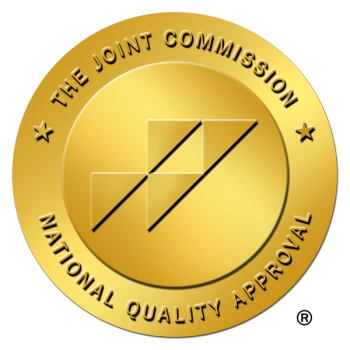
With all the misinformation and confusion about what The Joint Commission (TJC) does and doesn't do, ICT went to TJC to find out. Listen to the detailed interview to find out what health care workers need to know.
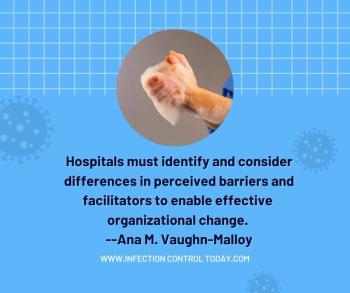
A new study focuses on insights that can be used to create interventions for better hand hygiene adherence among all medical professionals.
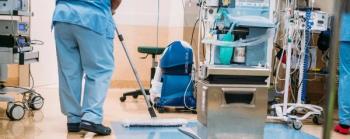
Doe Kley, MPH, RN, CIC, LTC-CIP, T-CHEST, continues her interview with ICT about why IPs' involvement with their facility's cleaning and disinfection programs is so critical.
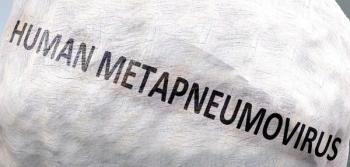
Human Metapneumovirus (HMPV) is not as well-known as its relative, respiratory syncytial virus (RSV), so here is the information that infection control and prevention personnel need to know about this respiratory virus.
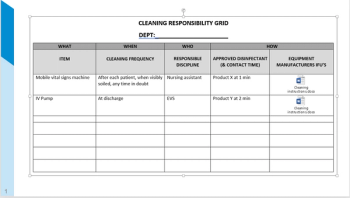
Doe Kley, MPH, RN, CIC, LTC-CIP, T-CHEST, does a deep dive into what the key priorities infection preventionists and environmental hygienists should focus on in 2023. This is the first of 3 installments.

What do infection prevention and control personnel need to know about preparing for future pandemics? Maureen Hennessey, PhD, CPCC, CPHQ, SVP, and Cynthia Miller, MD, MPH, discuss their thoughts with ICT.

The Conference on Retroviruses and Opportunistic Infections 2023 has research in COVID-19, mpox, hepatitis, and other viral infections, plus networking, and even Anthony Fauci, MD, speaking on his legacy.

What can the media do to better cover the "tripledemic," and where are all the advocacy groups for these infectious diseases?
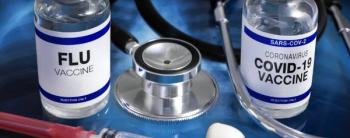
The triple epidemic or “tripledemic” of influenza, COVID-19, and respiratory syncytial virus (RSV) may have peaked. What caused the confluence of these viruses to start, and how can we stop it from happening again?

Experts from around the world shared new data about cryptococcus at the recent International Conference on Cryptococcus & Cryptococcosis (ICCC) in Uganda.

Can a patient catch C difficile if the previous hospital room occupant had it?
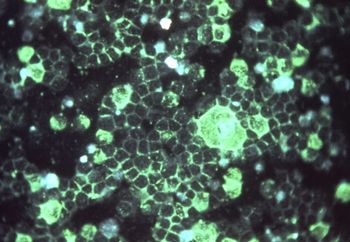
Could live attenuated vaccines and intranasal vaccines be the answer for RSV, COVID-19, and even cancer tumors?
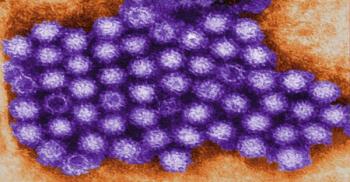
How can food service and health care workers prevent the spread of norovirus? Keeping employees at home, using the correct products the right way, and more.
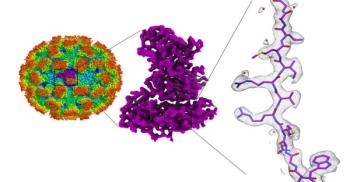
Are norovirus cases going to skyrocket, or will the pandemic slowdown of this infectious disease continue?
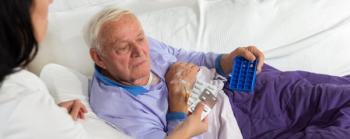
Nation Home Infusion Association addresses the media's coverage of the recent limited home infusion therapy study from Johns Hopkins University School of Medicine.

A study clearly shows that surgical site infections (SSIs) can be reduced by changing surgical gloves and instruments before the closing abdominal wound closure.

Moderna announced encouraging news about its RSV mRNA-1345 vaccine and plans to submit for regulatory approval in the first half of 2023.

New study shows home infusion therapy staff may have significant barriers to infection-surveillance training, and this could be leading to higher infection rates.
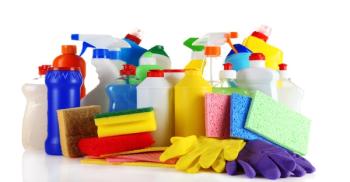
Have the CDC and EPA given enough correct guidance on how to use cleaning products during the COVID-19 pandemic, or is it “fundamentally flawed”?

In this third installment of 3, Infection Control Today® continues the one father's story of how sepsis can enter central lines and how it affects the entire family.

A recent study attempted to estimate the transmission of SARS-CoV-2 from humans to their pets and identify the risk factors, including food and water bowls and human-animal contact.

In this second installment of 3, Infection Control Today® continues a personal story of how sepsis can enter central lines and how it affects the entire family.

However, improved IPC measures were not sufficient to protect HCP from occupational exposures during periods of high community incidence.

In this first installment of 3, Infection Control Today® presents a personal story of how sepsis can enter central lines, and how it affects the entire family.
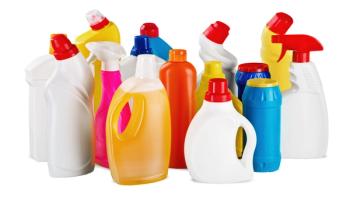
The best disinfectant needs to be fast-acting and remain wet for the entire contact time in a single application. What else is required?

Infection Control Today® talks to Shannon Simmons, DHSc, MPH, CIC, about her work with the APIC's Cleaning, Disinfection, Sterilization Conference and her position as an ambulatory infection preventionist.

Association for Professionals in Infection Control and Epidemiology released a statement on how to protect against COVID-19, influenza, and RSV.
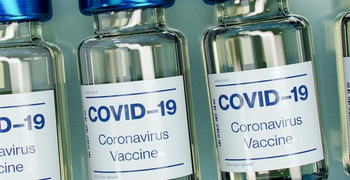
Vaccines are one of the best weapons scientists have against pandemics. What can scientists and medical professionals do to prepare better vaccines for the next pandemic?